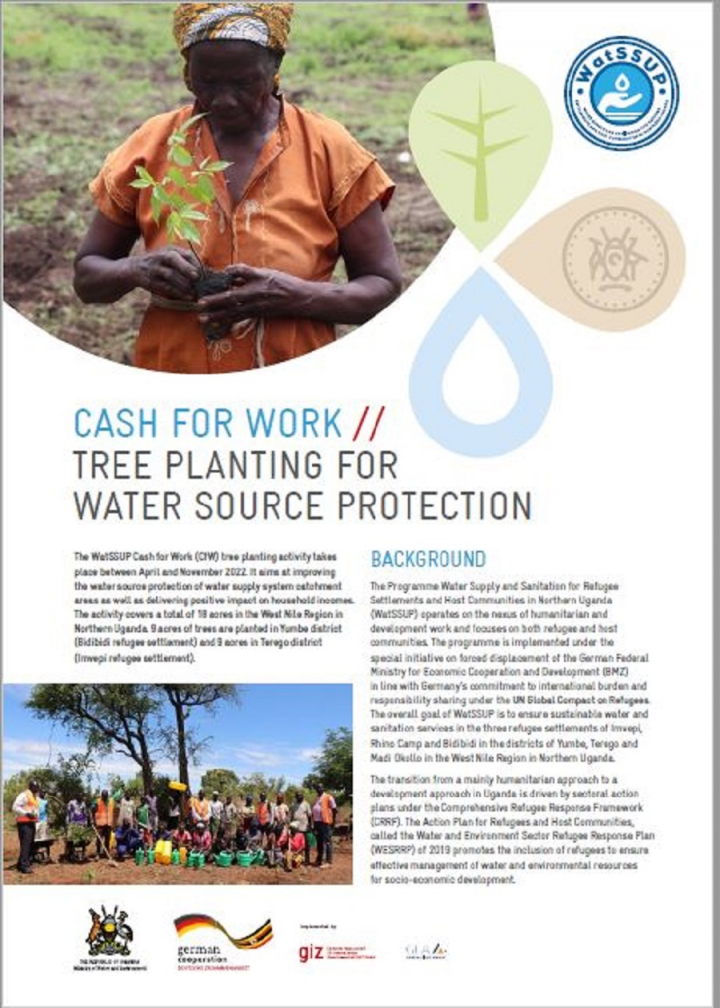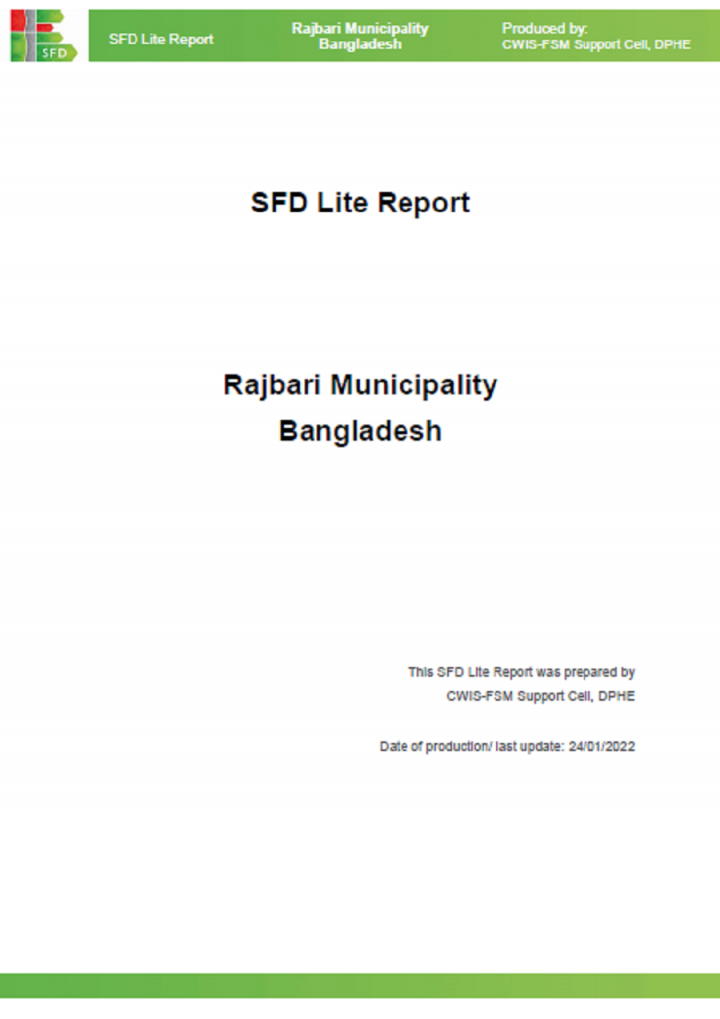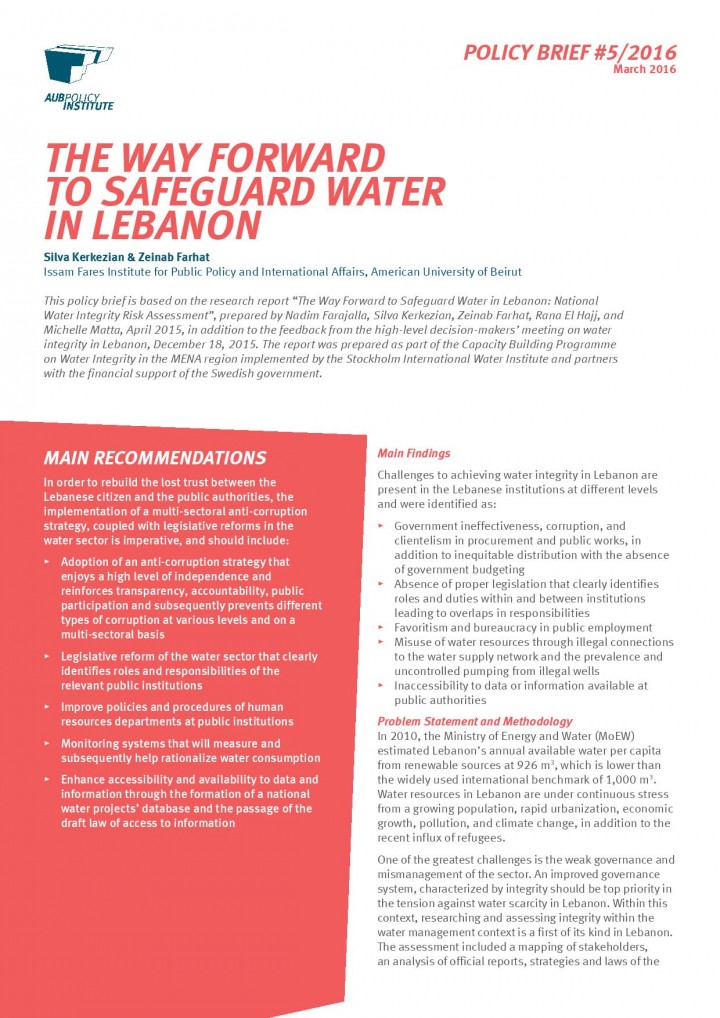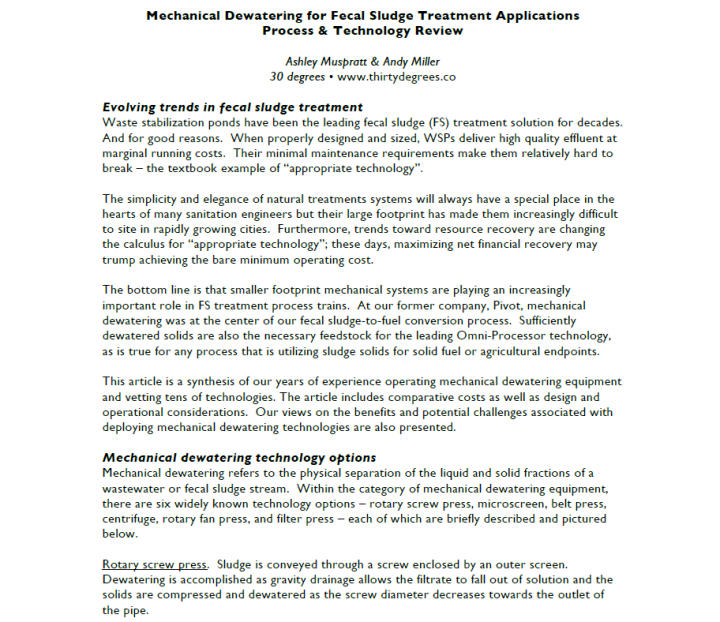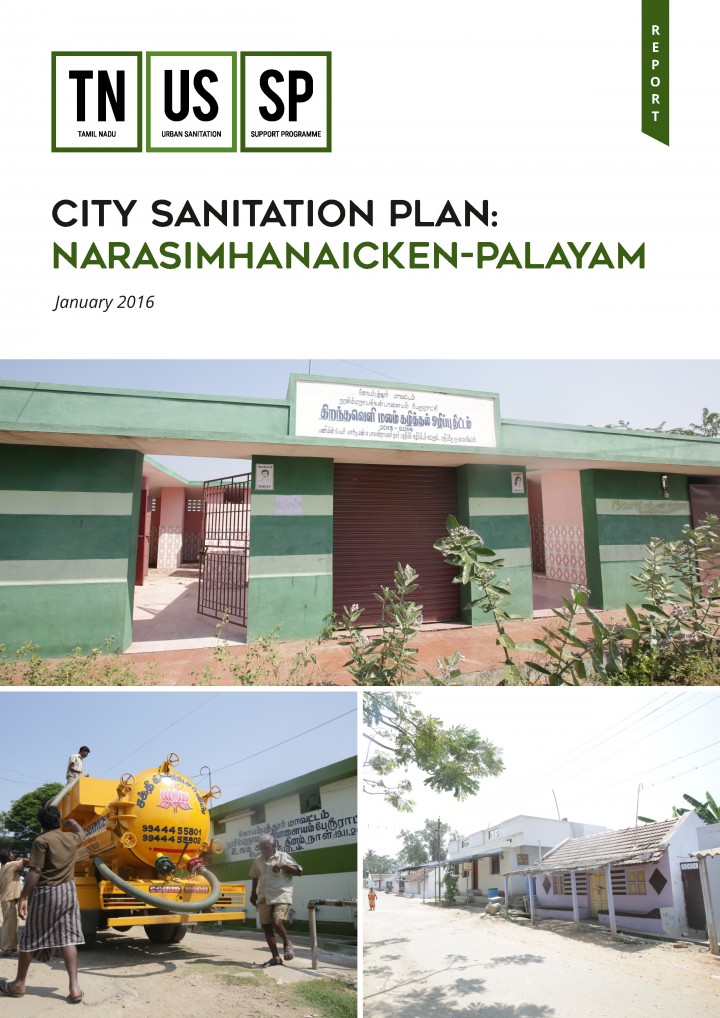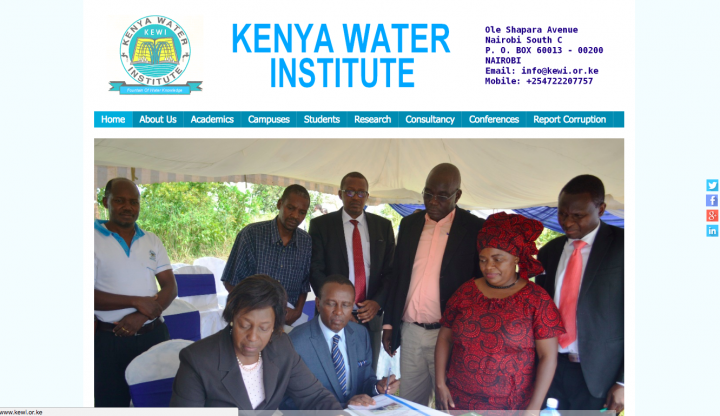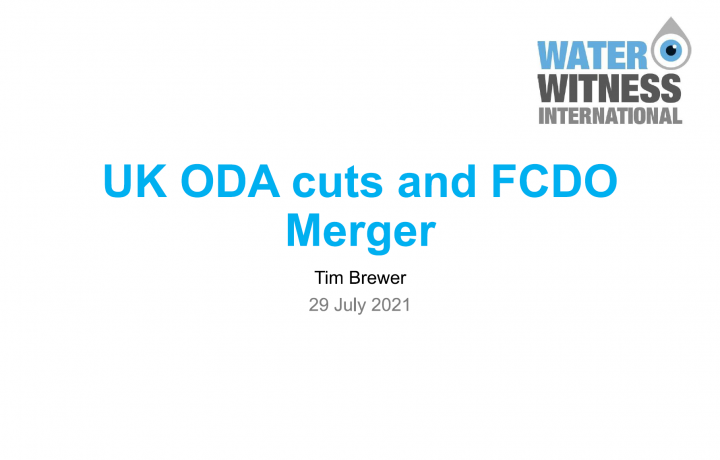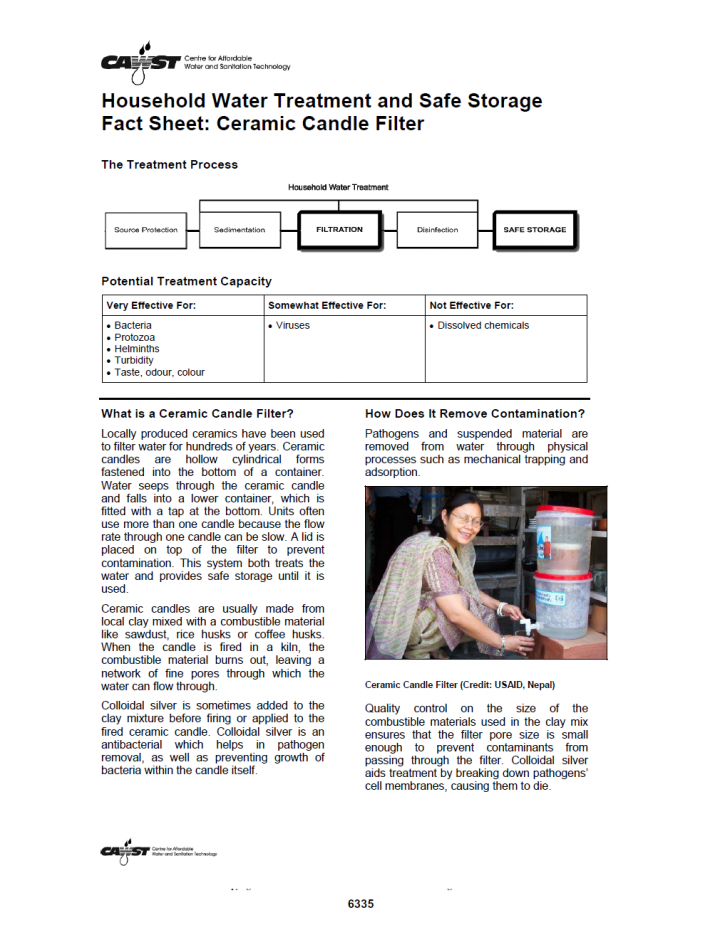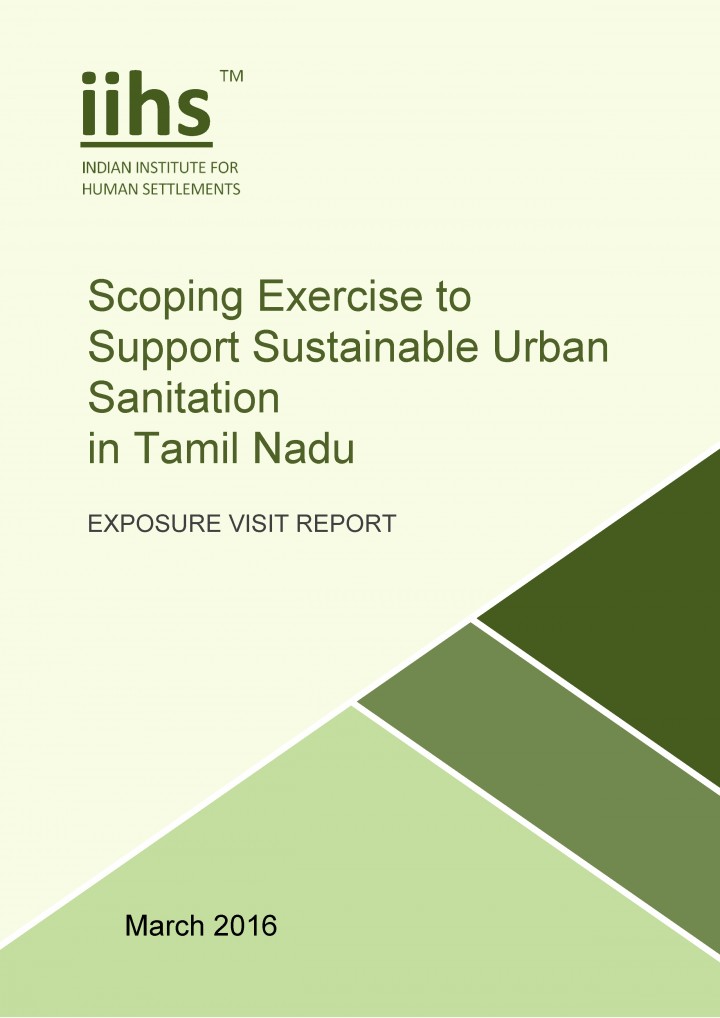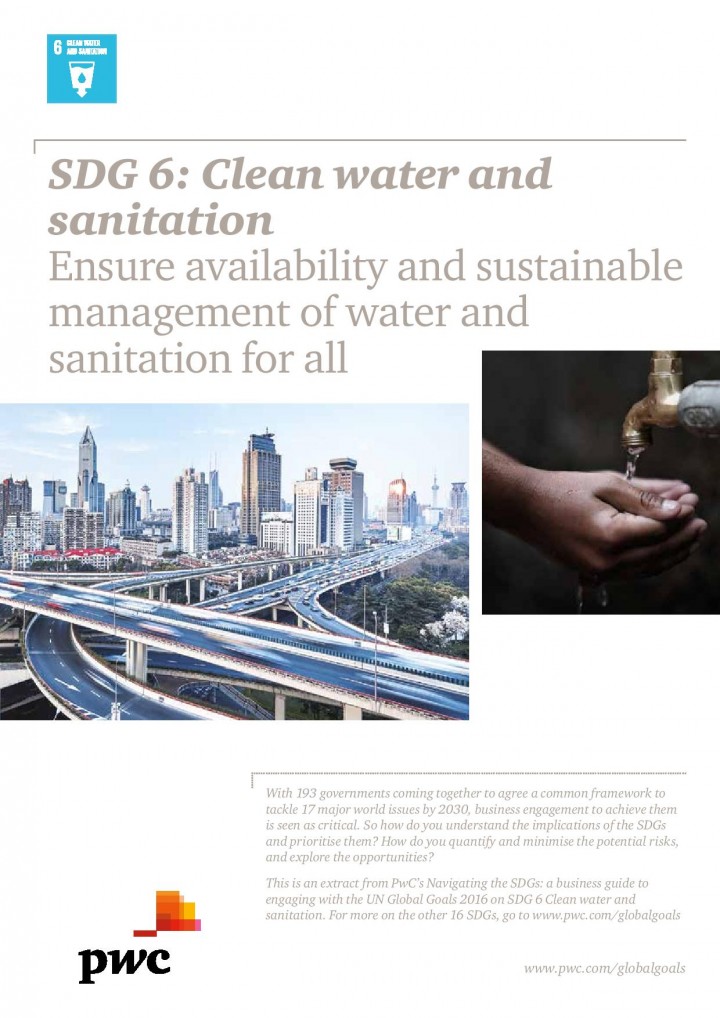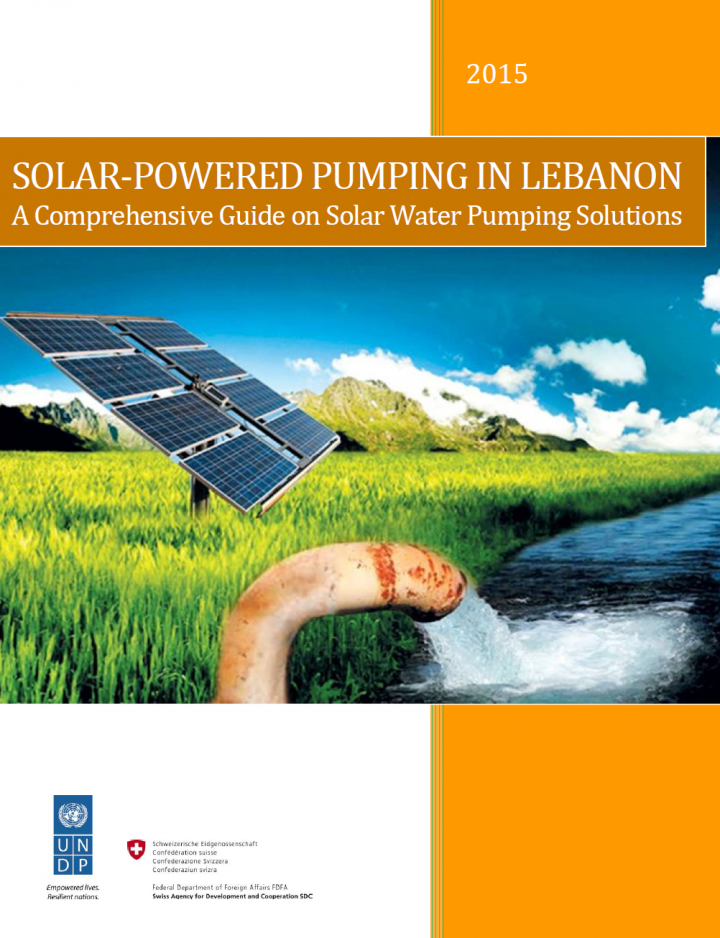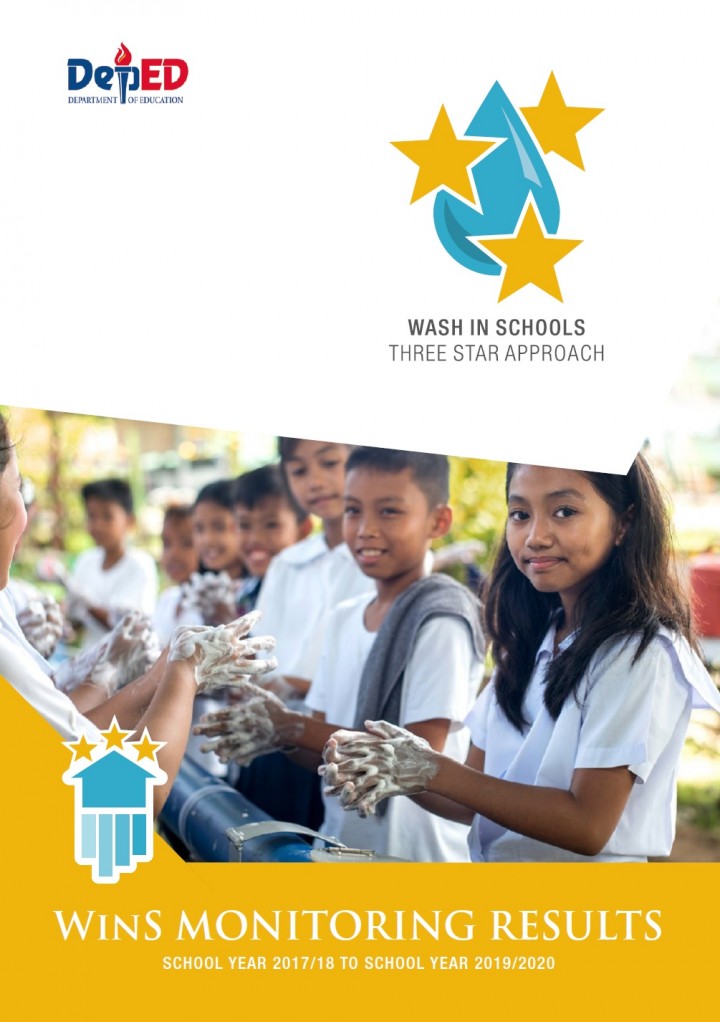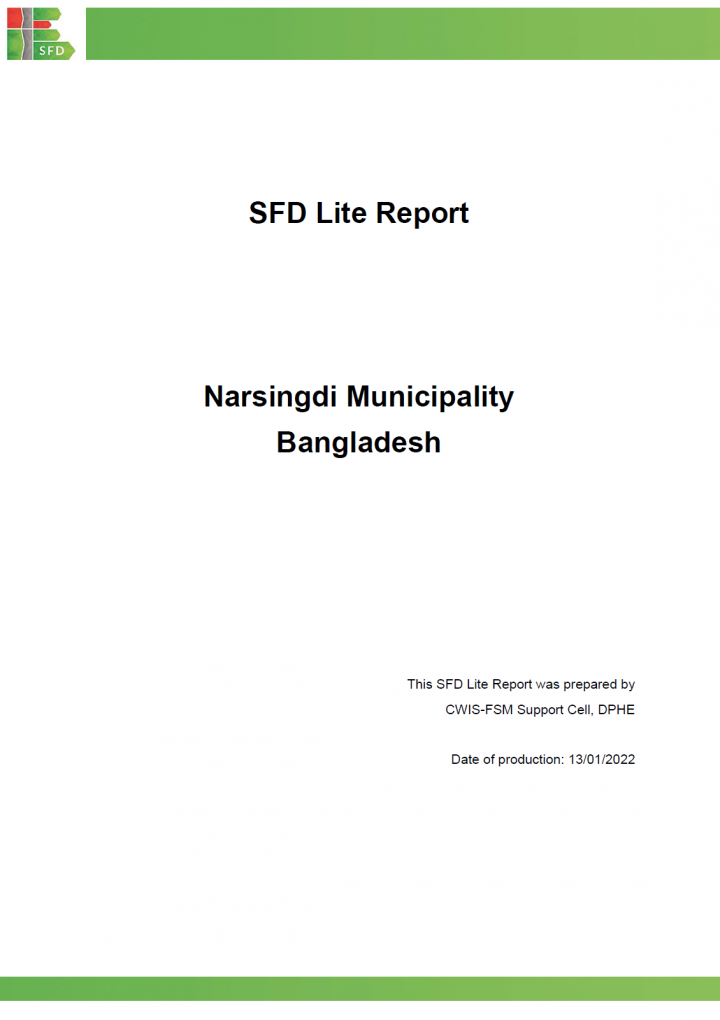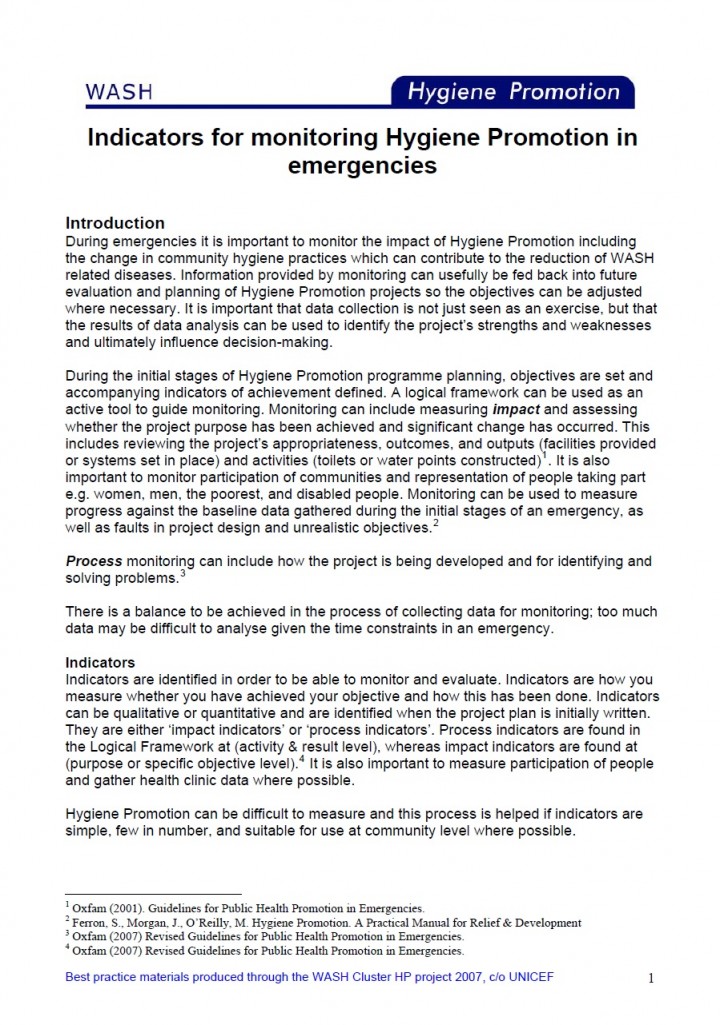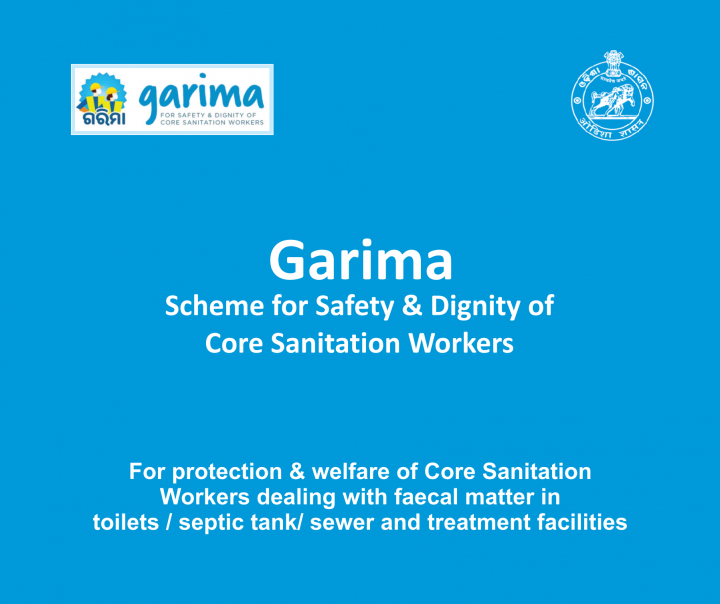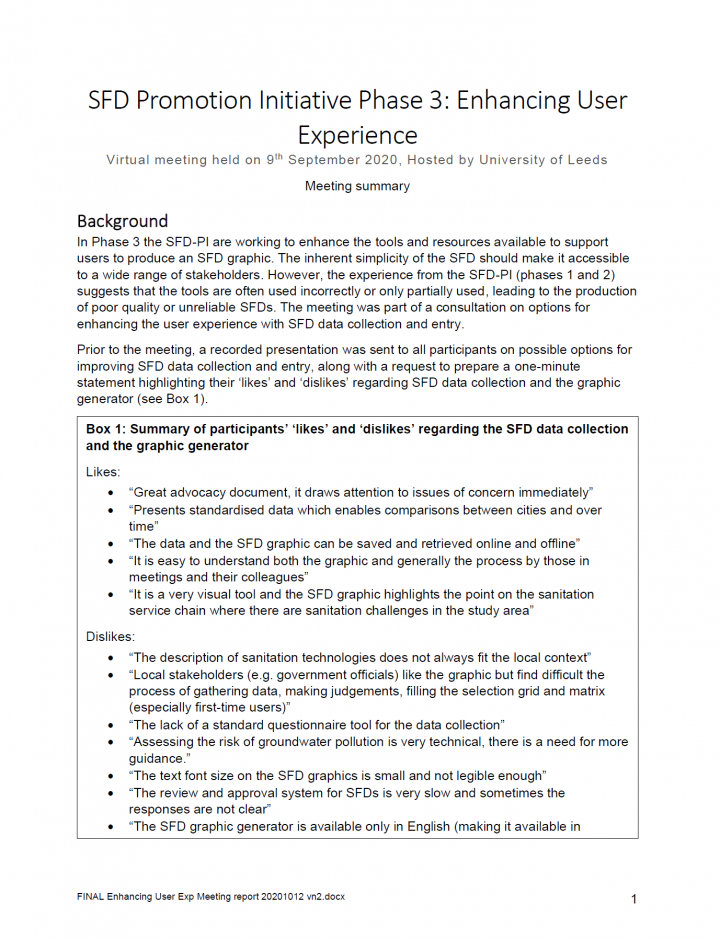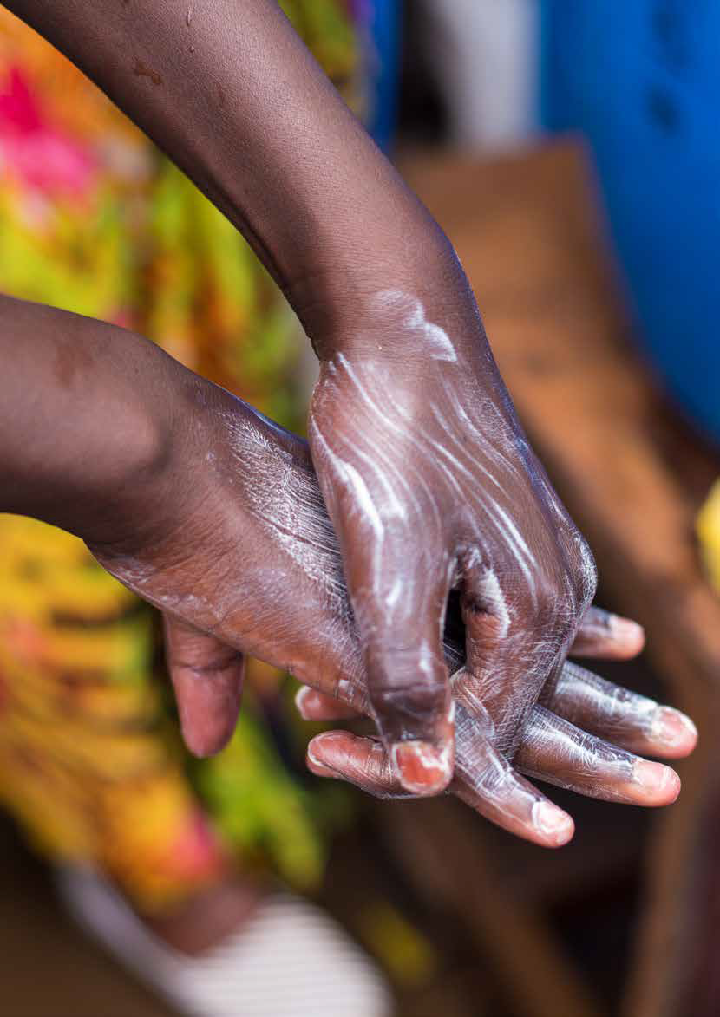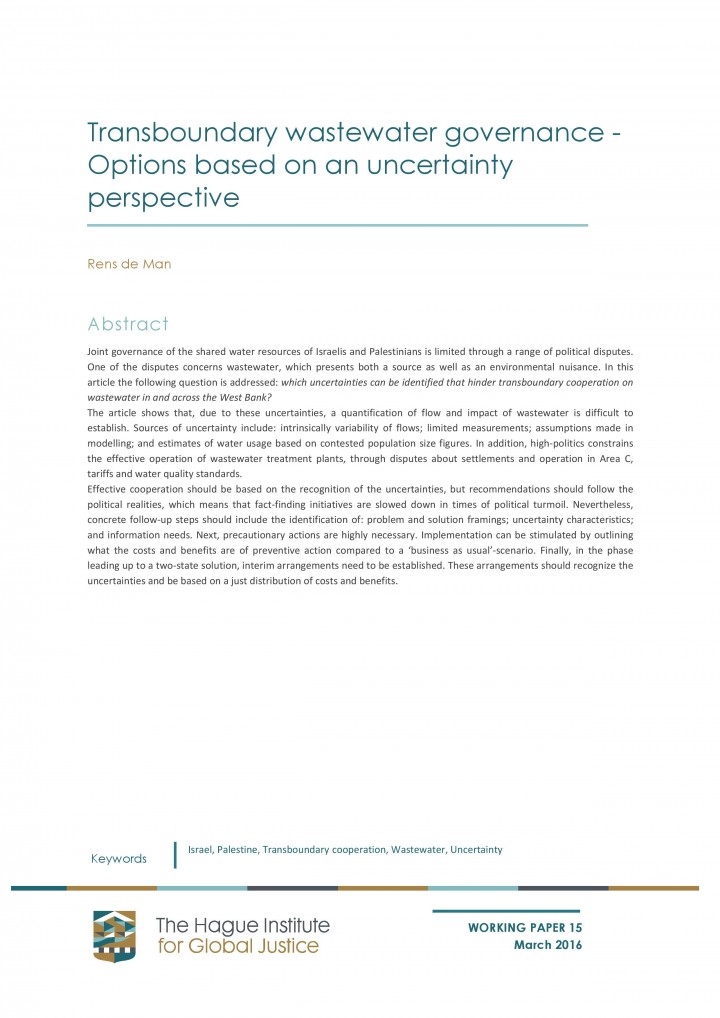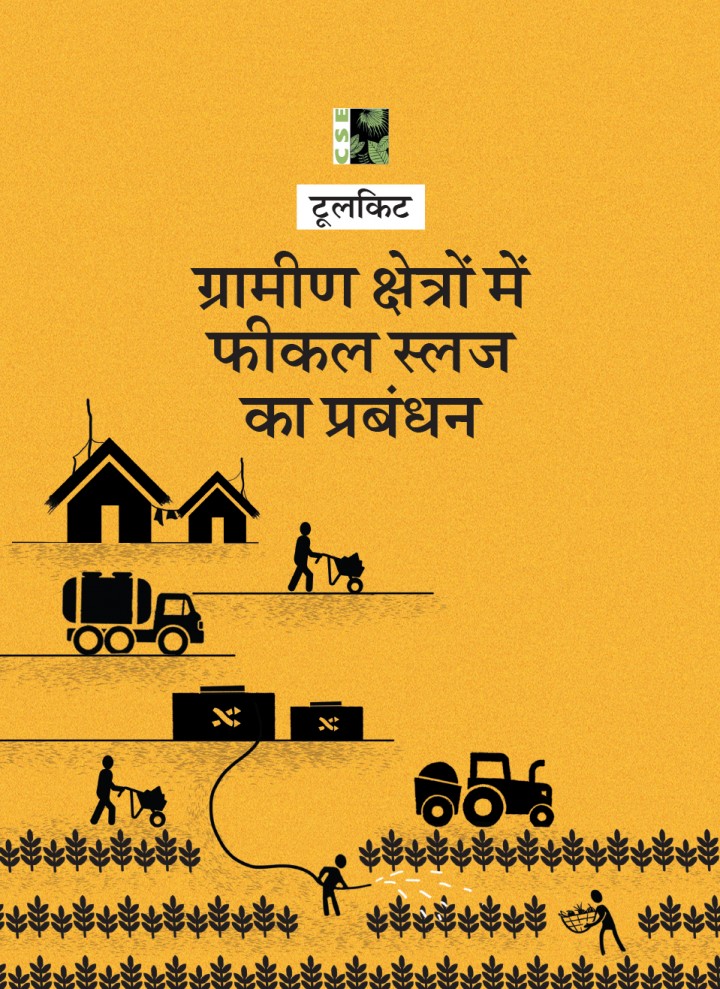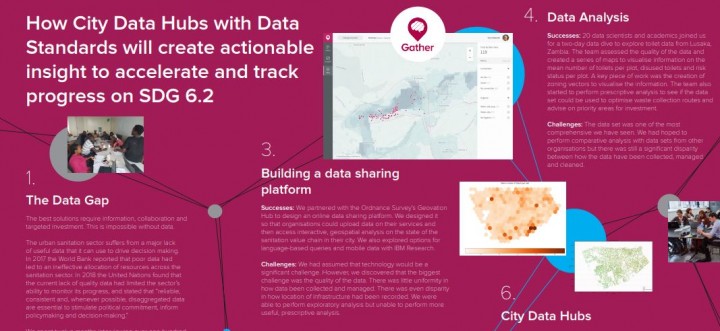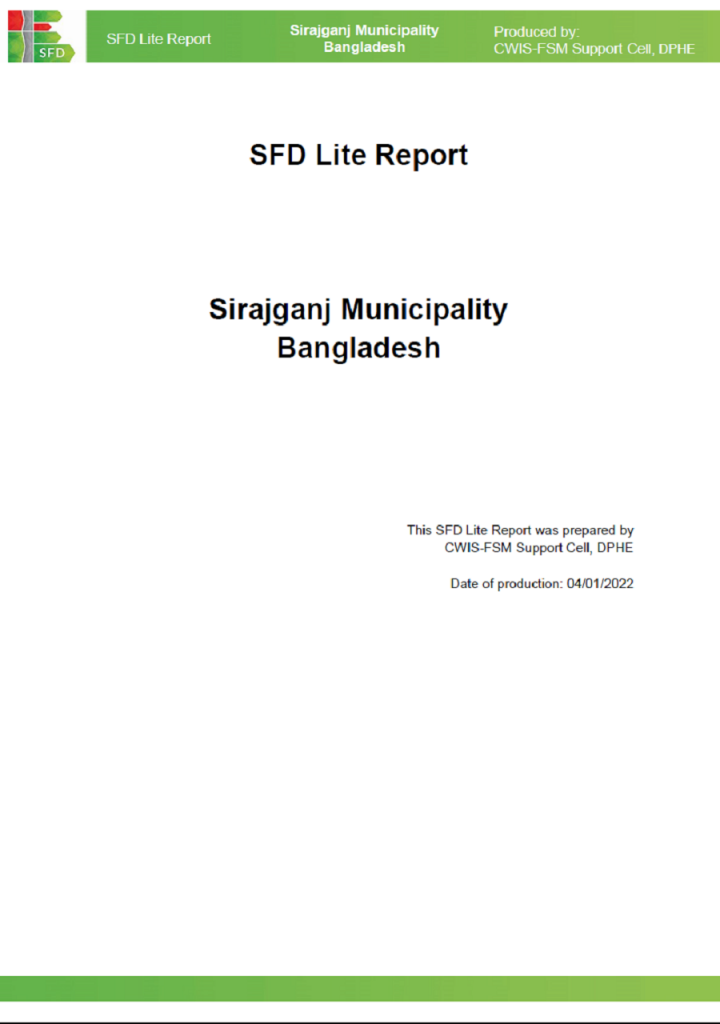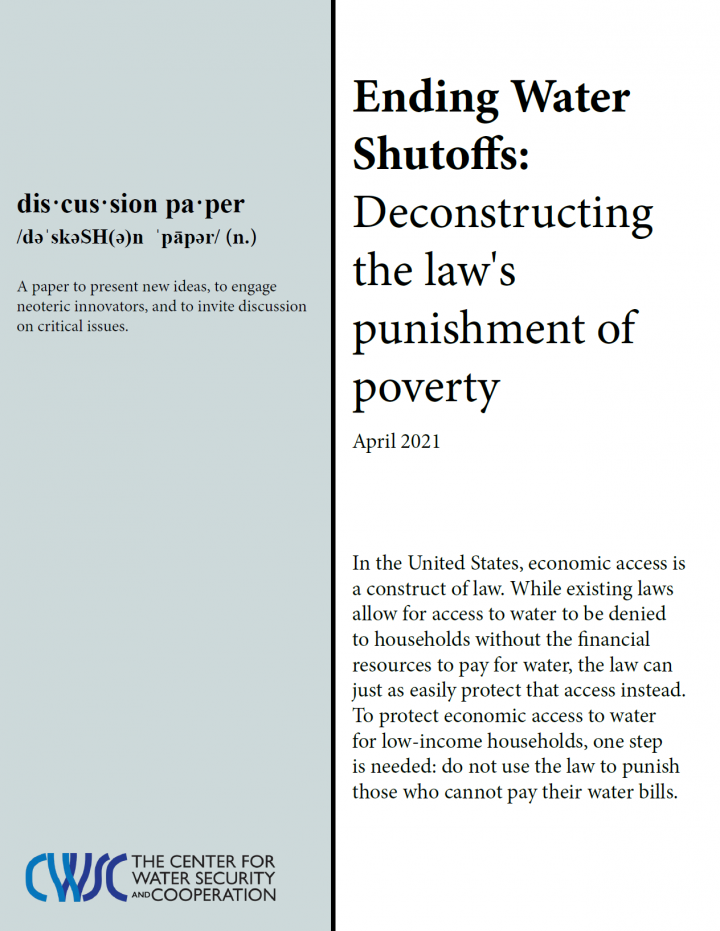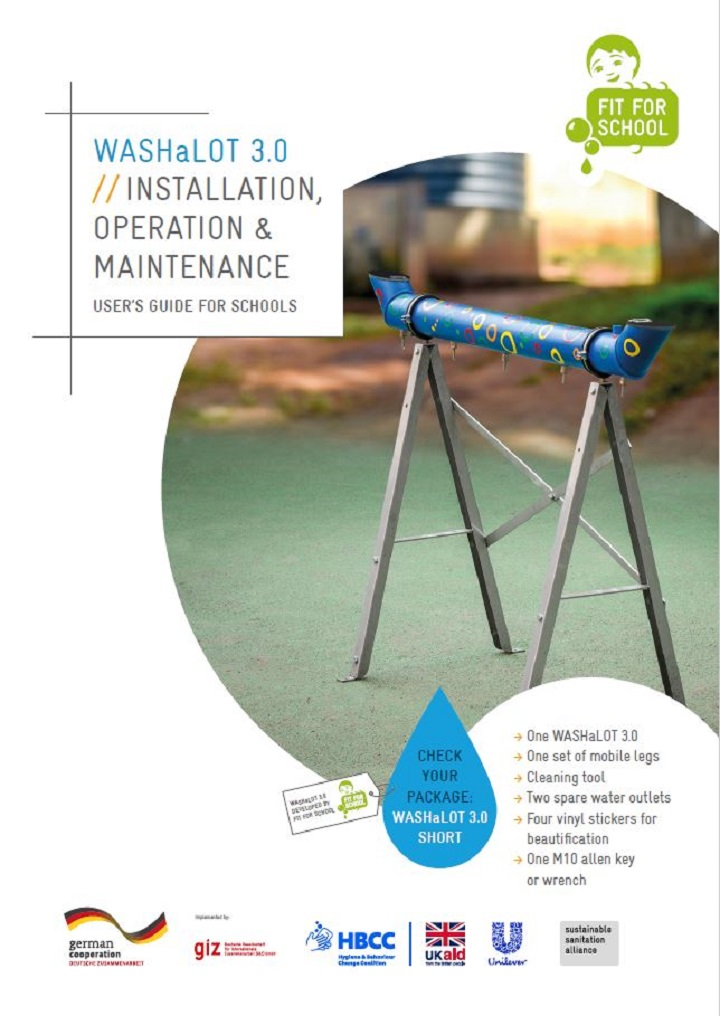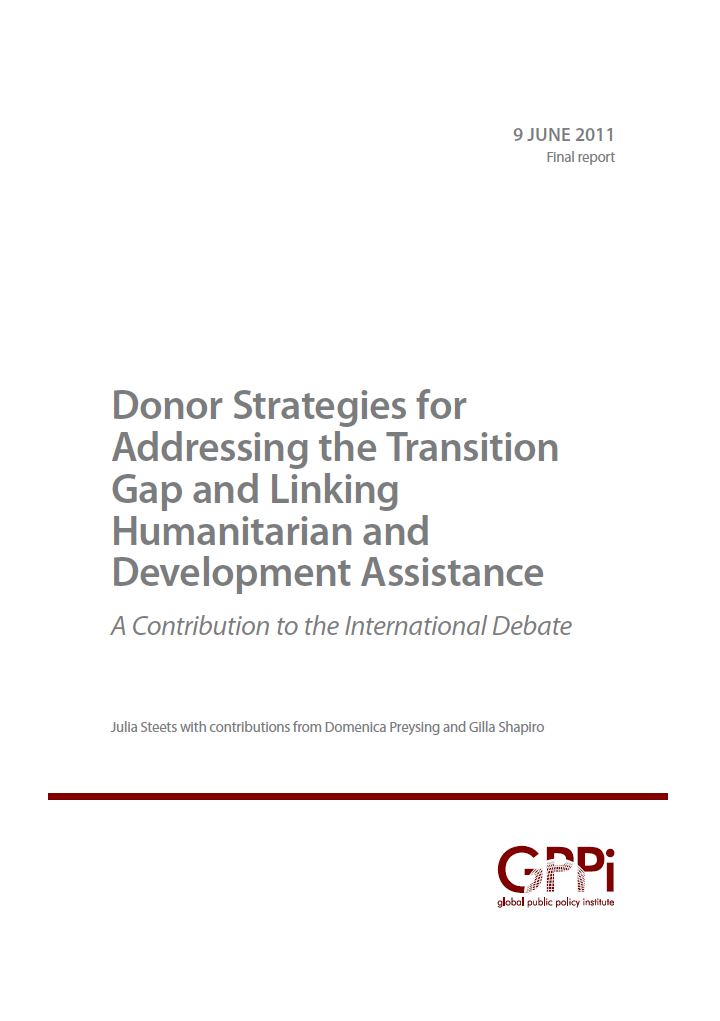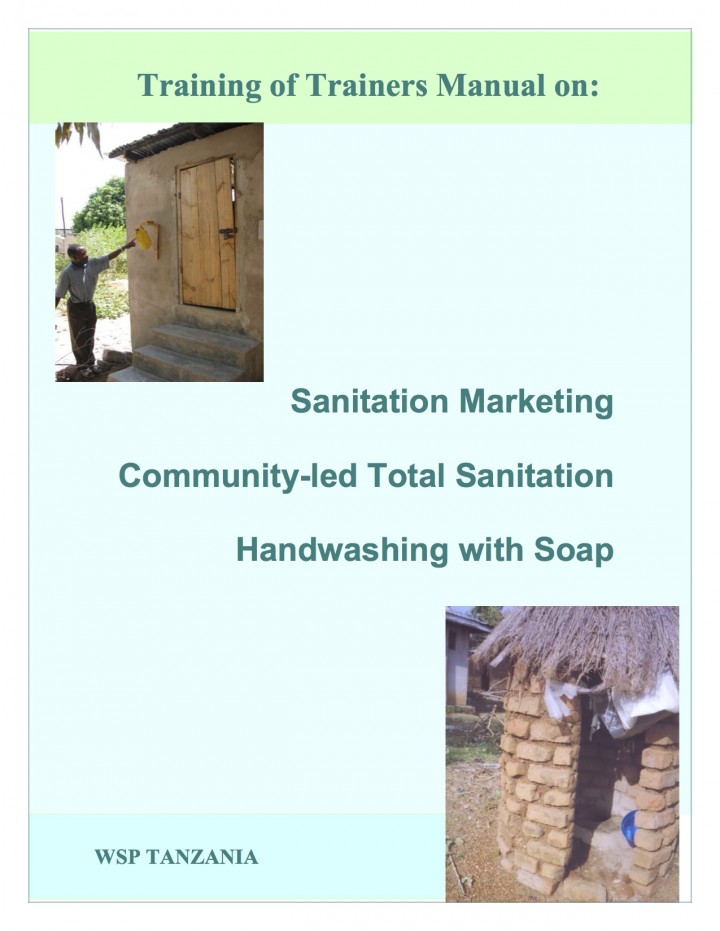Searching for information on Sanitation Workers?
The Sanitation Workers Knowledge + Learning Hub is the best source for all current news, trends, articles and updates on sanitation workers rights around the world.
The WatSSUP Cash for Work (CfW) tree planting activity takes place between April and November 2022. It aims at improving the water source protection of water supply system catchment areas as well as delivering positive impact on household incomes. The activity covers a total of 18 acres in the West Nile Region in Northern Uganda. 9 acres of trees are planted in Yumbe district (Bidibidi refugee …
Rajbari municipality, the district headquarter of Rajbari district is situated in Dhaka Division, Bangladesh. It is located 110 km from the capital Dhaka. It is beside the Padma River, and it is well connected with road and water. Rajbari Municipality was established in 1913 and was recognized as Town Committee. Later in 1923, it was renamed as Rajbari Municipality. It is one of the oldest towns …
This policy brief is based on the research report “The Way Forward to Safeguard Water in Lebanon: National Water Integrity Risk Assessment”, prepared by Nadim Farajalla, Silva Kerkezian, Zeinab Farhat, Rana El Hajj, and Michelle Matta, April 2015, in addition to the feedback from the high-level decision-makers’ meeting on water integrity in Lebanon, December 18, 2015. The report was …
This article is a synthesis of experience operating mechanical dewatering equipment and vetting tens of technologies. The article includes comparative costs as well as design and operational considerations. The views on the benefits and potential challenges associated with deploying mechanical dewatering technologies are also presented.
This document presents the City Sanitation Plan for NNP. NNP is one of the cluster towns selected for implementing fecal sludge management in Tamil Nadu. This plan is curated from the sanitation situation analysis, which included identifying major components of sanitation (water supply, storm water drainage and solid waste management), and analysing related issues and possible solutions.
The function of the department is mainly to carry surveillance on sector dynamics, conduct training needs, develop and implement short tailor made courses for skills upgrading, problem solving, and refresher in the water and related sectors. The tailor made courses are to suit the training needs and interventions desired for organizational growth in accordance with strategic plans and business …
Locally produced ceramics have been used to filter water for hundreds of years. Ceramic candles are hollow cylindrical forms fastened into the bottom of a container. Water seeps through the ceramic candle
and falls into a lower container, which is fitted with a tap at the bottom. Units often use more than one candle because the flow rate through one candle can be slow. A lid is placed on top of …
In India, there is lack of demonstrated successful models with respect to FSM. Government stakeholders gaining exposure to robust FSM models in another developing country was envisaged as one of the key preparatory steps for the development and operationalisation of effective FSM systems in Tamil Nadu. This report presents the preparatory work undertaken to organise exposure visits for Government …
With 193 governments coming together to agree a common framework to tackle 17 major world issues by 2030, business engagement to achieve them is seen as critical. So how do you understand the implications of the SDGs and prioritise them? How do you quantify and minimise the potential risks, and explore the opportunities?
This is an extract from PwC’s Navigating the SDGs: a business guide to …
UNDP is supporting vulnerable host-communities in various areas of Lebanon including the development and construction of water networks and the improvement of livelihoods, particularly in the agricultural sector. For example, within the umbrella of the Lebanese Centre for Water Management and Conservation (LCWMC) at the Ministry of Energy and Water, a project funded by the Swiss Agency for …
Narsingdi municipality stands on the bank of the Branch of the River Meghna and is located adjacent to the Dhaka-Sylhet National Highway and 57 km East of the capital city Dhaka. It is well connected with road, water, and railways. The city is well known for its small and medium industries, like textile mills, dyeing mills, agro-industries and other processing mills which are the remarkable …
During emergencies it is important to monitor the impact of Hygiene Promotion including the change in community hygiene practices which can contribute to the reduction of WASH related diseases. Information provided by monitoring can usefully be fed back into future evaluation and planning of Hygiene Promotion projects so the objectives can be adjusted where necessary. It is important that data …
This Scheme is introduced to ensure that core sanitation services undertaken in urban areas of Odisha is done in a safe and dignified manner and shall come into force from the date of its notification and continue until further orders The Scheme will be implemented by the Housing & Urban Development Department through the 114 Urban Local Bodies of Odisha.
This report is a summary of a virtual meeting held on 9th September 2020, and hosted by the University of Leeds. The background information is found below.
In Phase 3 the SFD-PI are working to enhance the tools and resources available to support users to produce an SFD graphic. The inherent simplicity of the SFD should make it accessible to a wide range of stakeholders. However, the experience …
The Hand Hygiene for All Global Initiative is led by WHO and UNICEF. It aims to implement WHO’s global recommendations on hand hygiene to prevent and control the COVID-19 pandemic and work to ensure lasting infrastructure and behavior. It calls for countries to lay out comprehensive roadmaps to ensure hand hygiene is a mainstay beyond the pandemic. It also proposes a framework for coordination …
Joint governance of the shared water resources of Israelis and Palestinians is limited through a range of political disputes. One of the disputes concerns wastewater, which presents both a source as well as an environmental nuisance. In this article the following question is addressed: which uncertainties can be identified that hinder transboundary cooperation on wastewater in and across the West …
Faecal sludge management is essential to consolidate the gains from Swachh Bharat Mission. This is a toolkit in Hindi for practitioners for FSM in rural India. This toolkit in Hindi is a useful toolkit for managing faecal sludge in rural areas. It fills a gap in know-how and is of use to planners and practitioners to improve the management of faecal sludge in rural areas. It will be useful to …
Sirajganj municipality is one of the oldest municipalities in the north-central region of Bangladesh, established in 1869, it is now recognized as a first-class municipality, consisting of 15 wards and 52 mohallas. It is lying on the west of the Jamuna River, about 141 km north-west of the capital city Dhaka. It was once considered a principal jute trade centre. In modern days, it is still an …
The Center for Water Security and Cooperation (CWSC) recently published two discussion papers analyzing access to water and sanitation. One paper sets forth a global definition of "Access" to water and sanitation to chart a path for lasting progress. The second paper makes the case for repealing laws in the United States that allow water to be shut off to low-income households for their inability …
The WASHaLOT 3.0 is a low-cost and water-saving washing facility. For pandemic preparedness and response, the WASHaLOT 3.0 can be easily adjusted so that fewer water outlets are in use to ensure physical distancing.
This user guide is produced to provide receiving schools with orientation on the WASHaLOT installation, guidance on operation & maintenance as well as recommendations for pandemic …
Humanitarian assistance and development cooperation pursue different aims and follow different principles. Their separation – while important to protect the independence of humanitarian action – has negative side effects. This paper seeks to contribute to the international debate by clarifying concepts, analyzing these effects and exploring donor strategies for addressing …
Key Messages:
• Inadequate sanitation and hygiene adversely impacts human well-being.
• In Tanzania basic latrine coverage is high but this still constitutes inadequate
sanitation
• Some families continue to defecate in the open
• Handwashing with soap is not practiced consistently or at the key junctures.
• WSP is implementing a project to scale up access to improved sanitation …

